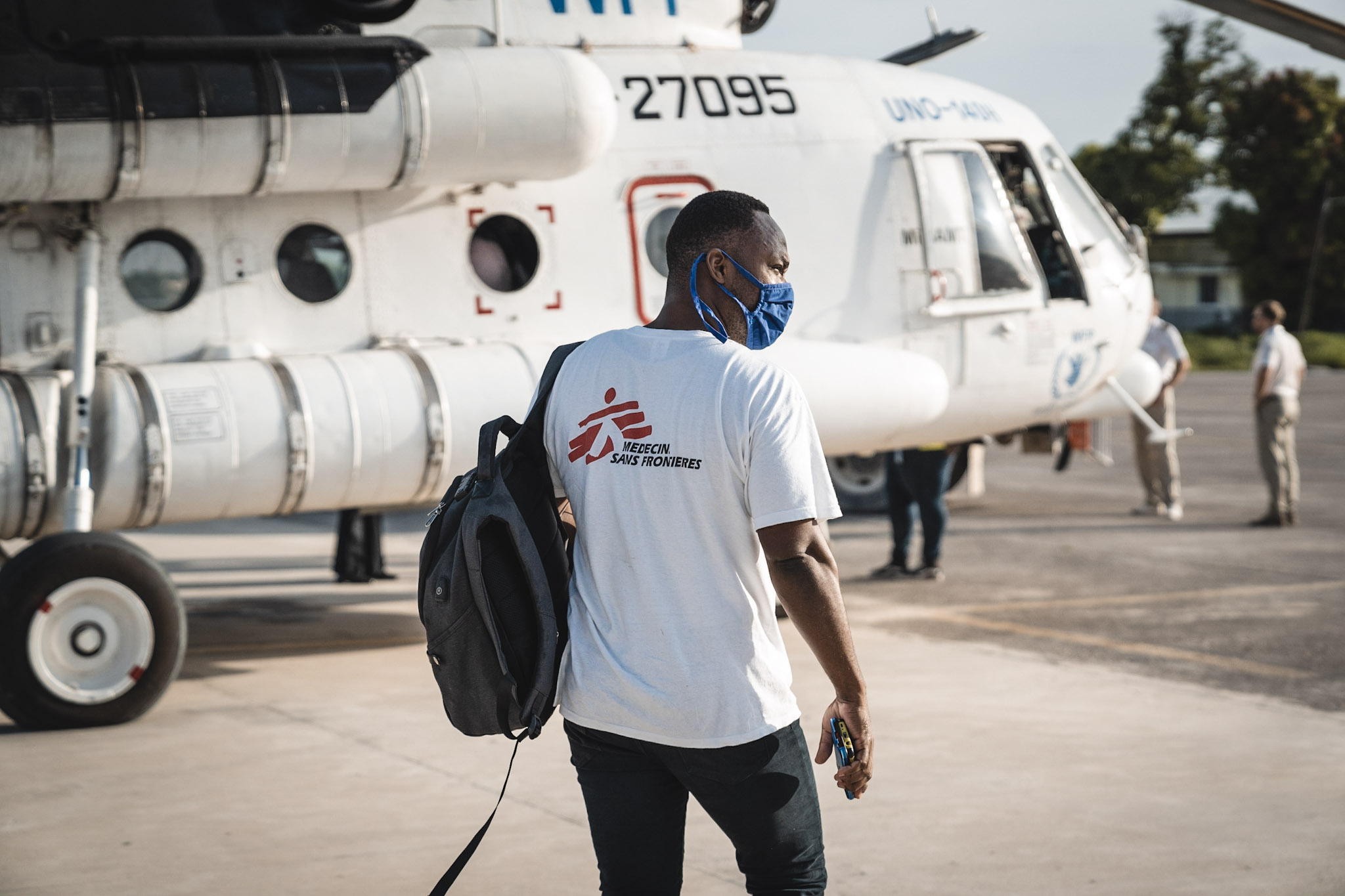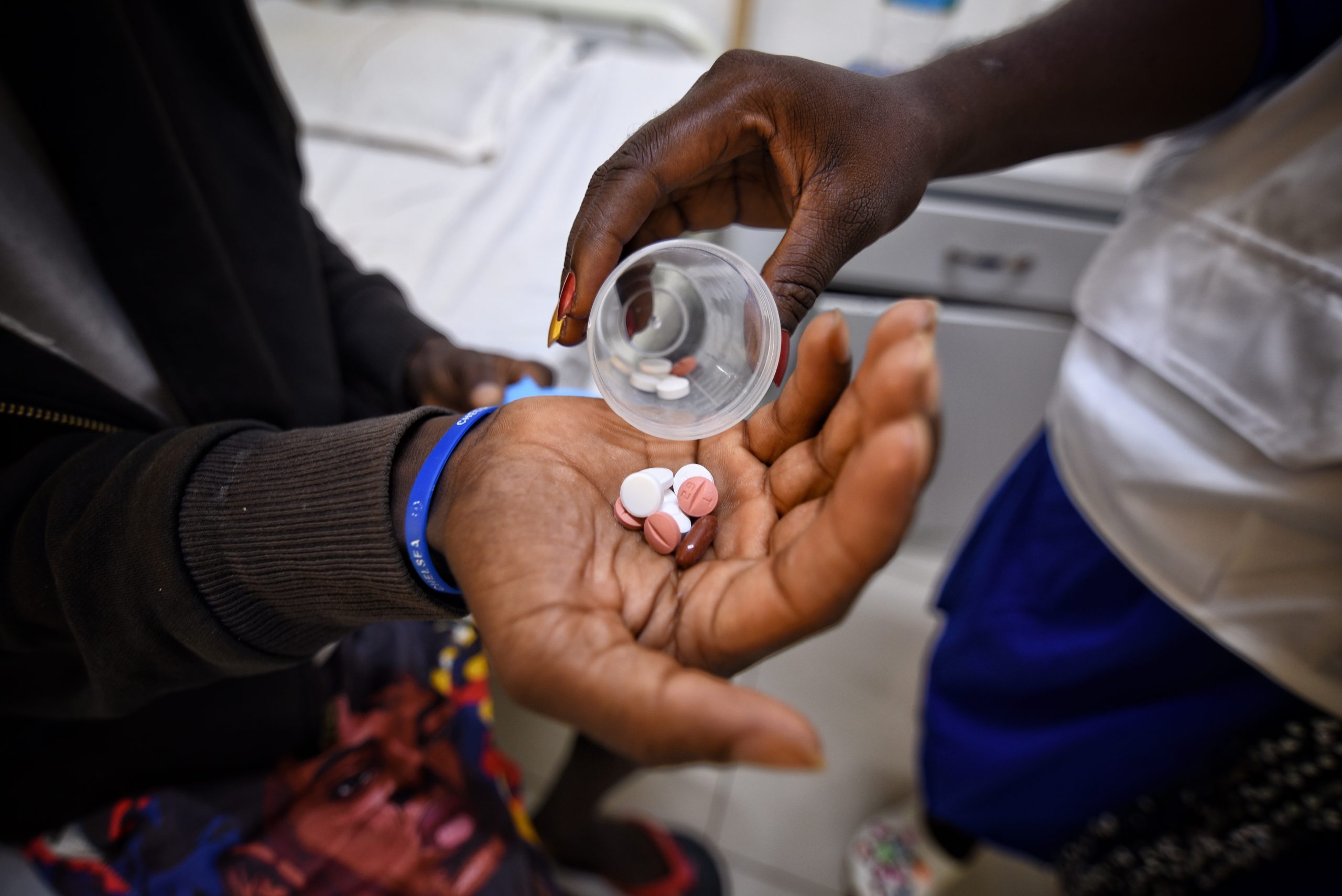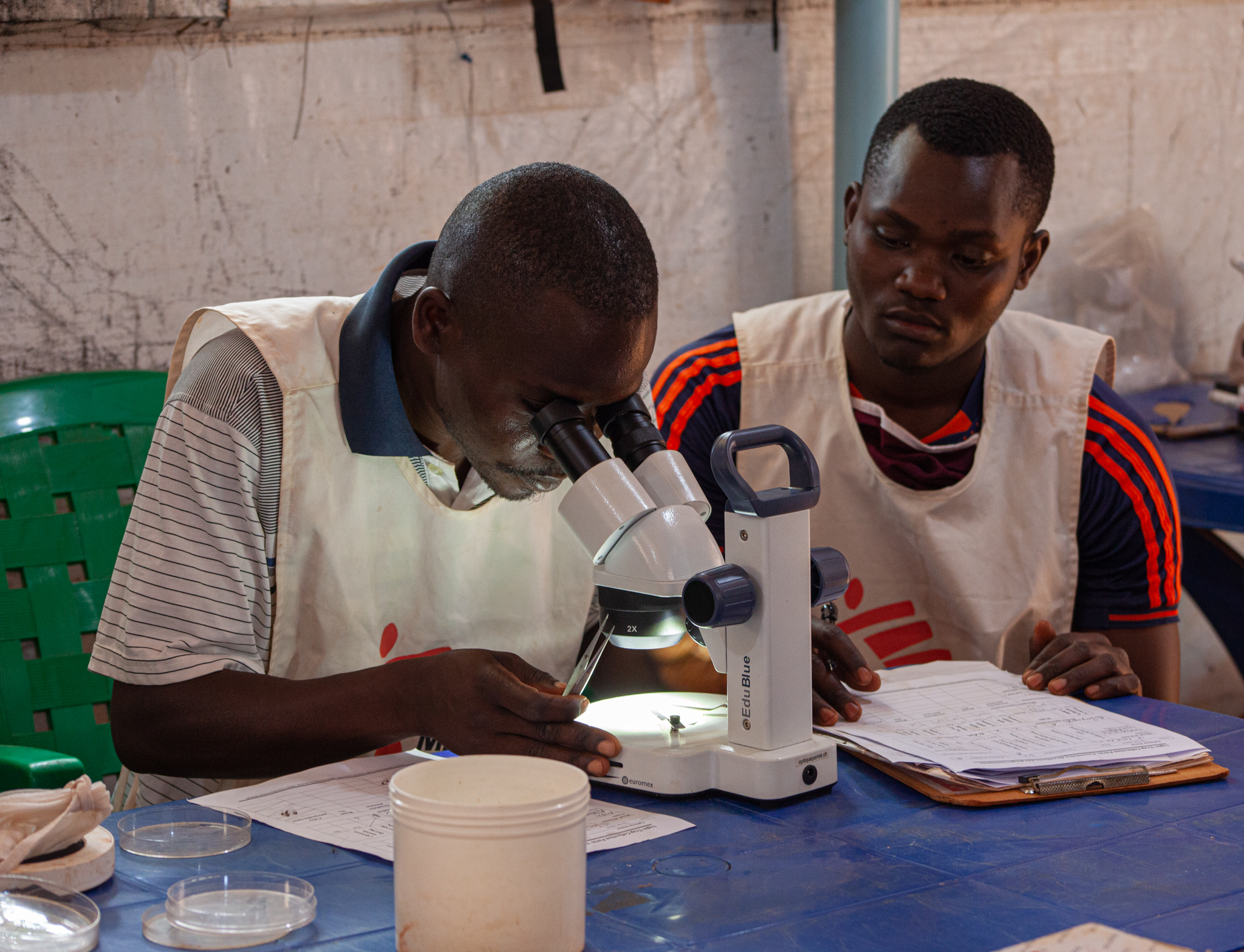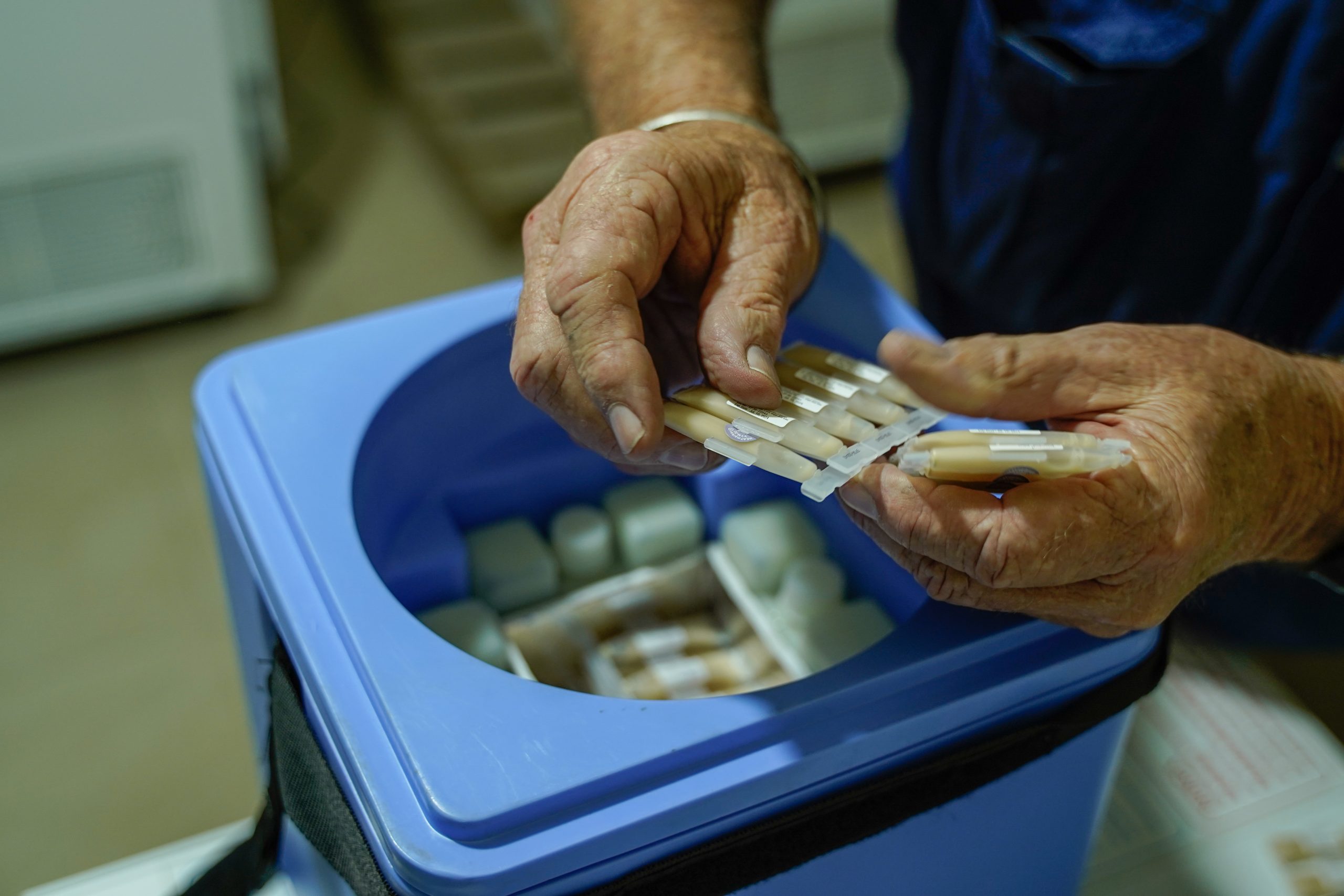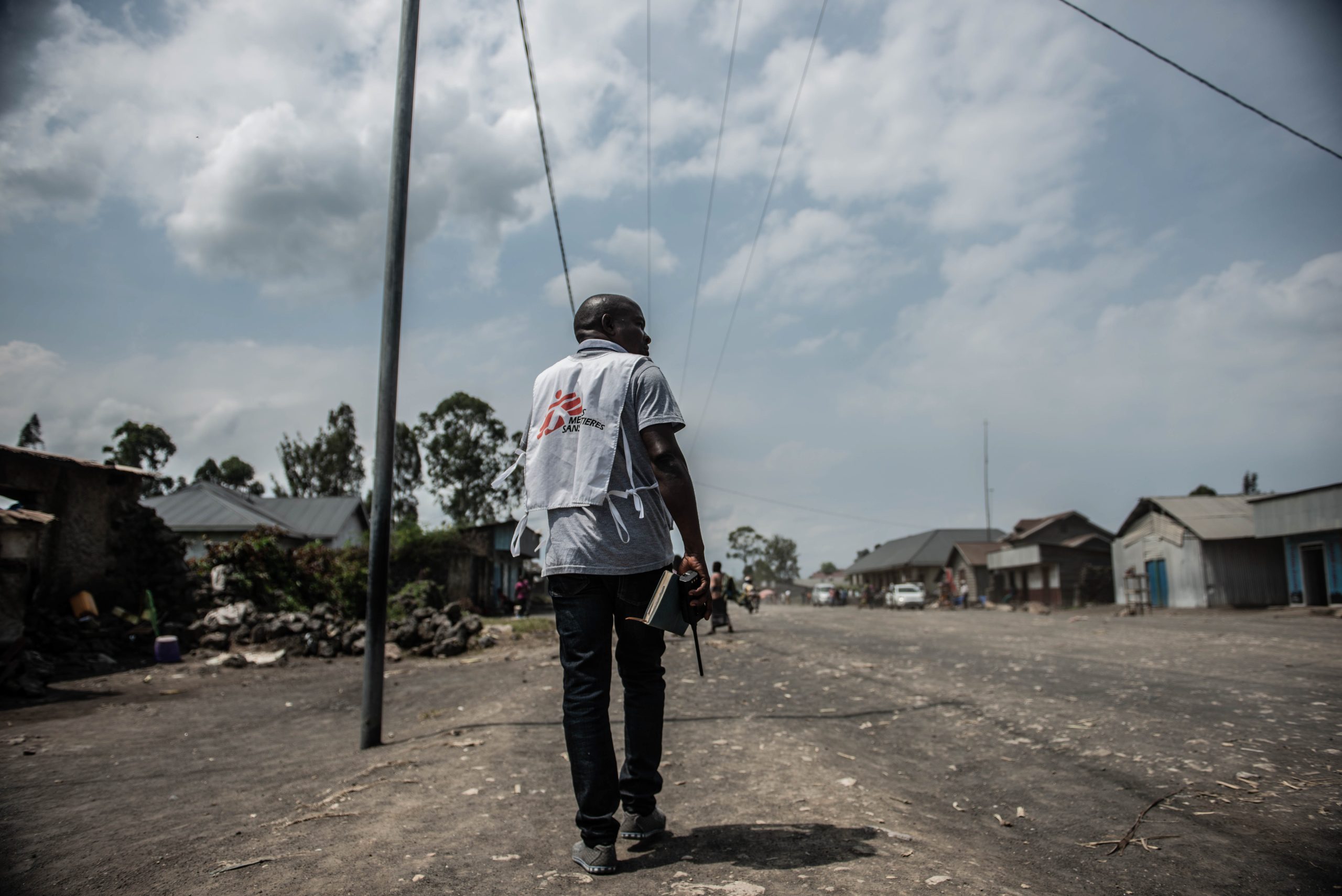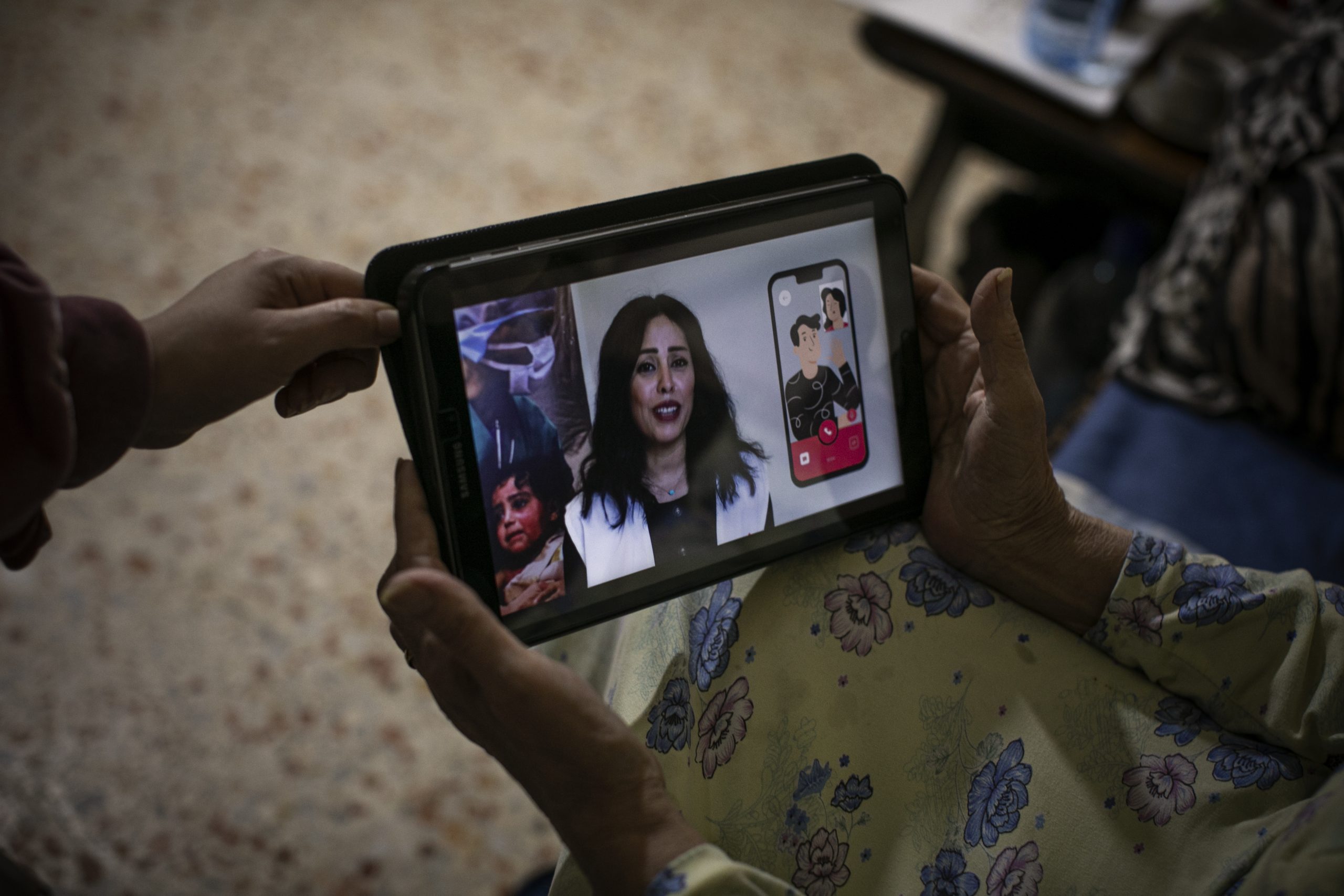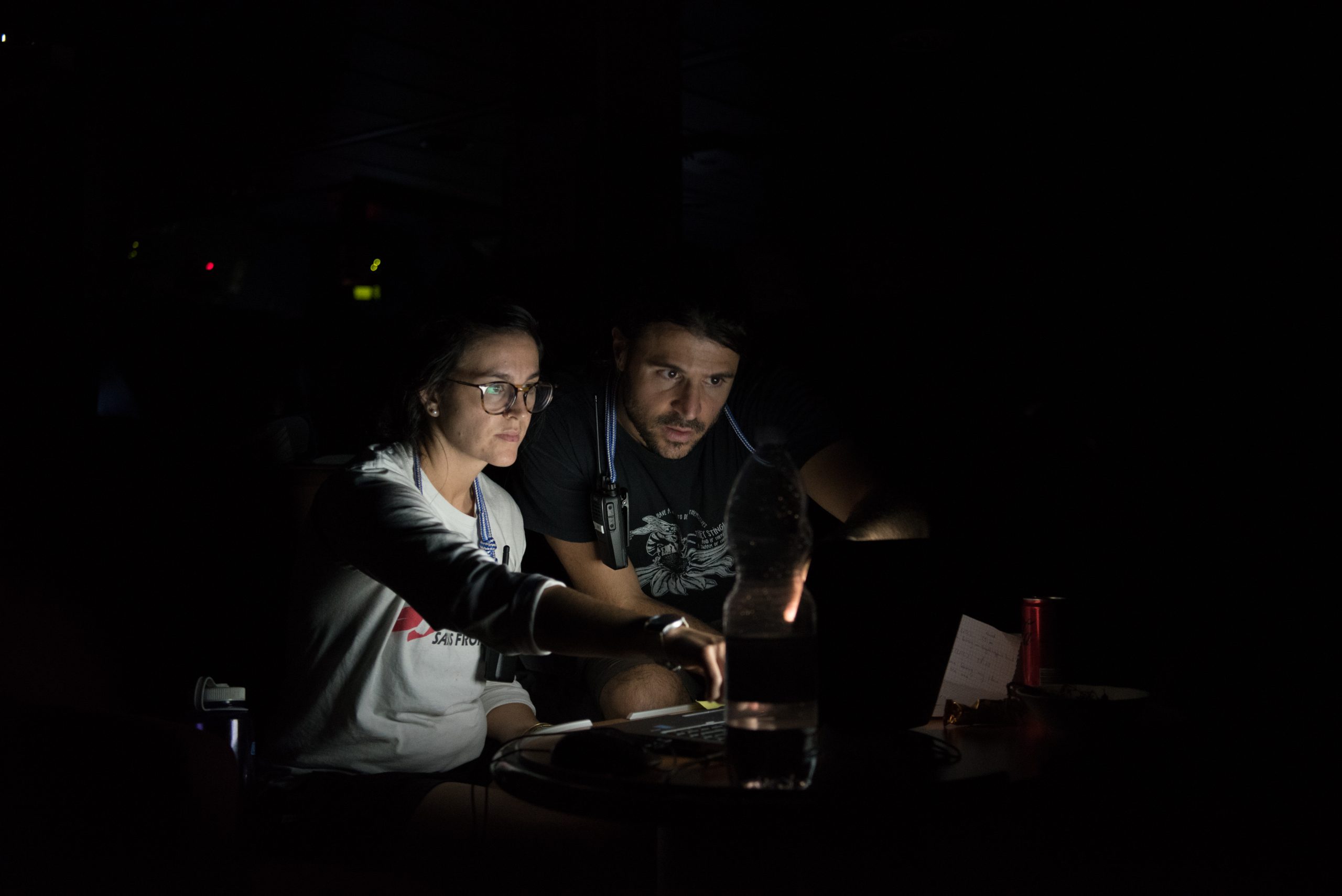The International movement
We are a movement engaging Doctors Without Borders/Médecins Sans Frontières (MSF) staff and supporters from all over the world in a shared commitment to medical humanitarian action, supporting people facing crises.
We have six operational centres that directly manage our humanitarian work and decide when, where and what medical care is needed.
MSF sections are offices that support our medical work. They mainly recruit staff, organize fundraising, and raise awareness on the humanitarian crises our teams are witnessing.
Some MSF sections have opened branch offices to extend this support work further. There are some two dozen sections and more than 15 branch offices around the world.
Additional satellite offices exist to support our work, mainly for logistics, supply and epidemiology.
Nobel Peace Prize 1999
MSF was awarded the Nobel Peace Prize in 1999. The judges chose MSF “in recognition of the organization’s pioneering humanitarian work on several continents,” and to honour the medical staff who had already worked in more than 70 countries providing care to tens of millions of people. The proceeds from the prize were used to set up a fund to support neglected diseases such as Chagas, sleeping sickness and malaria – pilot projects for the clinical development, production, procurement and distribution of treatments.
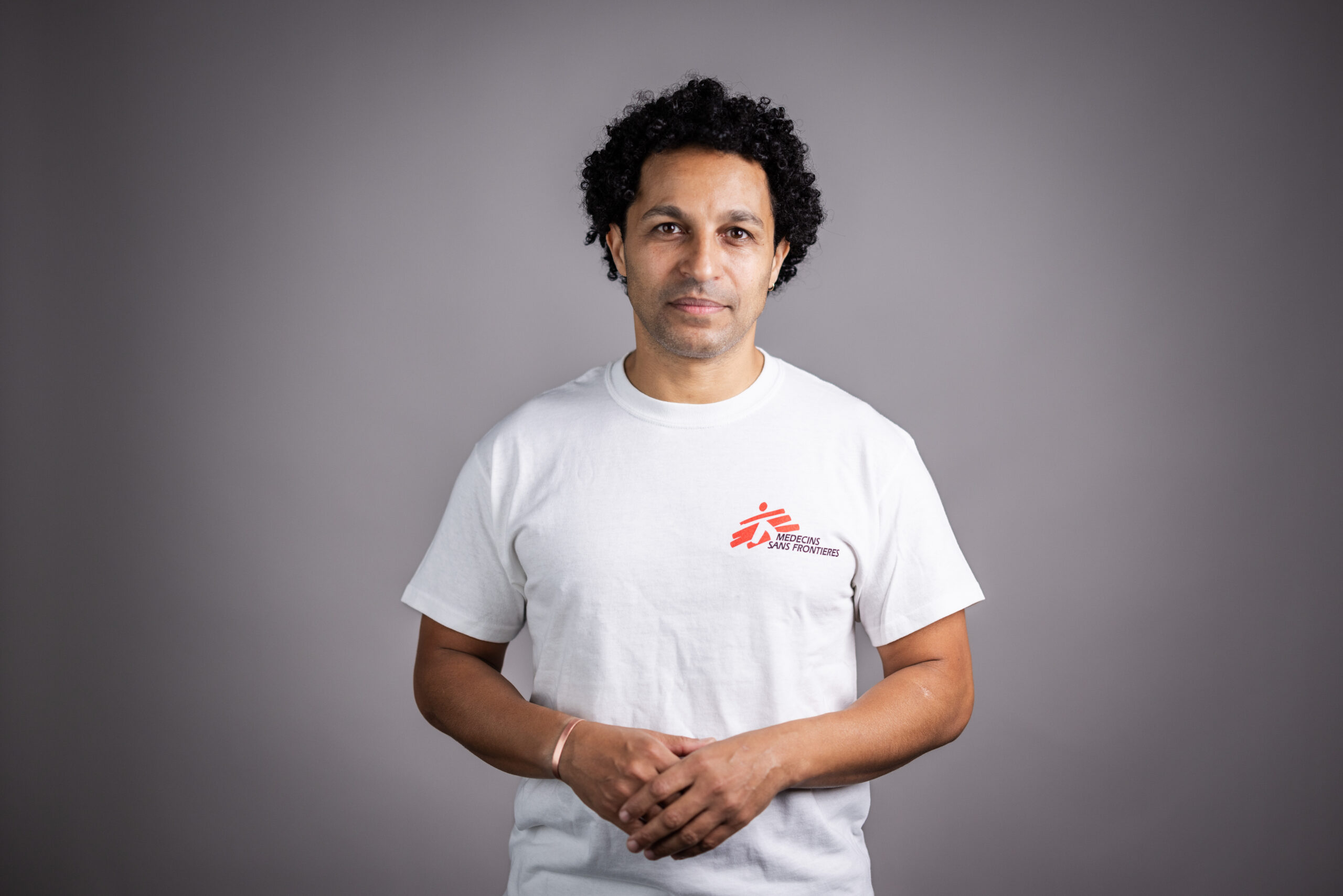
“We congratulate Javid on his election and warmly welcome him as he starts his mandate as International President,” says Christopher Lockyear, Secretary General of MSF International. “His extensive medical and humanitarian experience, and skills as a consummate public speaker, will stand him in excellent stead to represent MSF and lead our movement for the next three years.”
Our international president leads the MSF international board and the international general assembly, and represents MSF internationally.
Mohamed Javid Abdelmoneim is a Sudanese Iranian emergency medicine doctor, with extensive experience in both the United Kingdom’s National Health Service and with Doctors Without Borders/Médecins Sans Frontières (MSF). Born in Cambridge, UK, he graduated with a degree in medicine from University College London, holds a diploma from the London School of Hygiene and Tropical Medicine and is a Fellow of the Royal College of Physicians.
Having joined MSF in September 2009 as an emergency doctor in Basra, Iraq, Abdelmoneim has worked in medical and program coordination roles since then in Chad, Ethiopia, Haiti, South Sudan, Syria, UK Ukraine, , on the Mediterranean sea with our search and rescue team, and in Sierra Leone during the West Africa Ebola epidemic. His most recent roles with MSF have been as medical team leader in Gaza, Palestine, and as medical team leader in Omdurman, Sudan, until February 2025.
Javid served on the board of MSF UK from May 2015 and was appointed its president in 2017, a role he held until 2021.
In addition to his humanitarian and clinical work, he is also an experienced television presenter. He has been nominated for both Emmy and BAFTA awards for his work on science documentary and health entertainment series, which have appeared on Netflix, BBC, HBO, Channel 4 and Al Jazeera English.
Abdelmoneim was elected as International President for a three-year term by MSF’s International General Assembly, held in Colombo, Sri Lanka, on June 27, 2025. He took up his role on 5 September 2025.
Focus projects
We seek to continually understand and improve medical humanitarian action and share knowledge and reflection.
The MSF charter
MSF is a private international association. The association is made up mainly of doctors and health sector workers and is also open to all other professions which might help in achieving its aims. All of its members agree to honour the following principles:
MSF provides assistance to populations in distress, to survivors of disasters and to survivors of armed conflict. They do so irrespective of race, religion, creed or political convictions.
MSF observes neutrality and impartiality in the name of universal medical ethics and the right to humanitarian assistance and claims full and unhindered freedom in the exercise of its functions.
Members undertake to respect their professional code of ethics and to maintain complete independence from all political, economic or religious powers.
Members understand the risks and dangers of the work they carry out and make no claim for themselves or their assigns for any form of compensation other than that which the association might be able to afford them.
Current overseas opportunities
Interested in the possibility of an international assignment? MSF is always looking for motivated medical and non-medical professionals. See what’s needed to apply and what it takes to succeed on assignment, the kinds of opportunities available and find answers to common questions.
SEE INTERNATIONAL OPPORTUNITIES